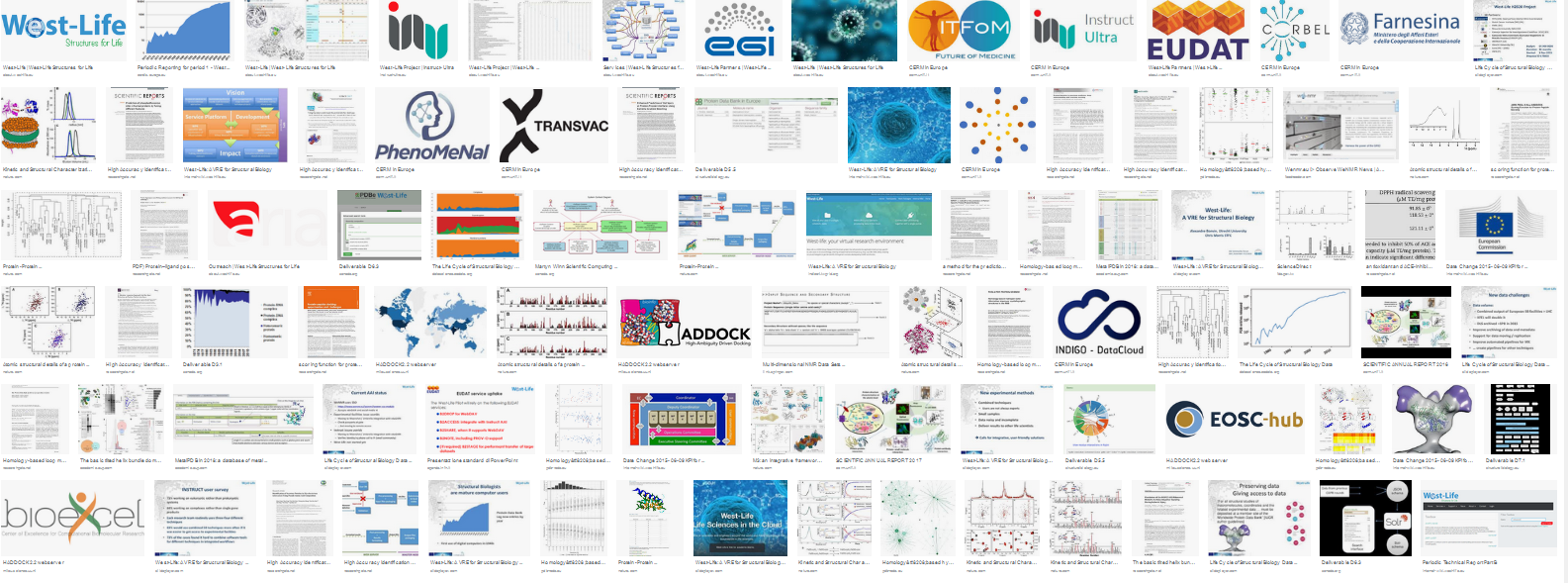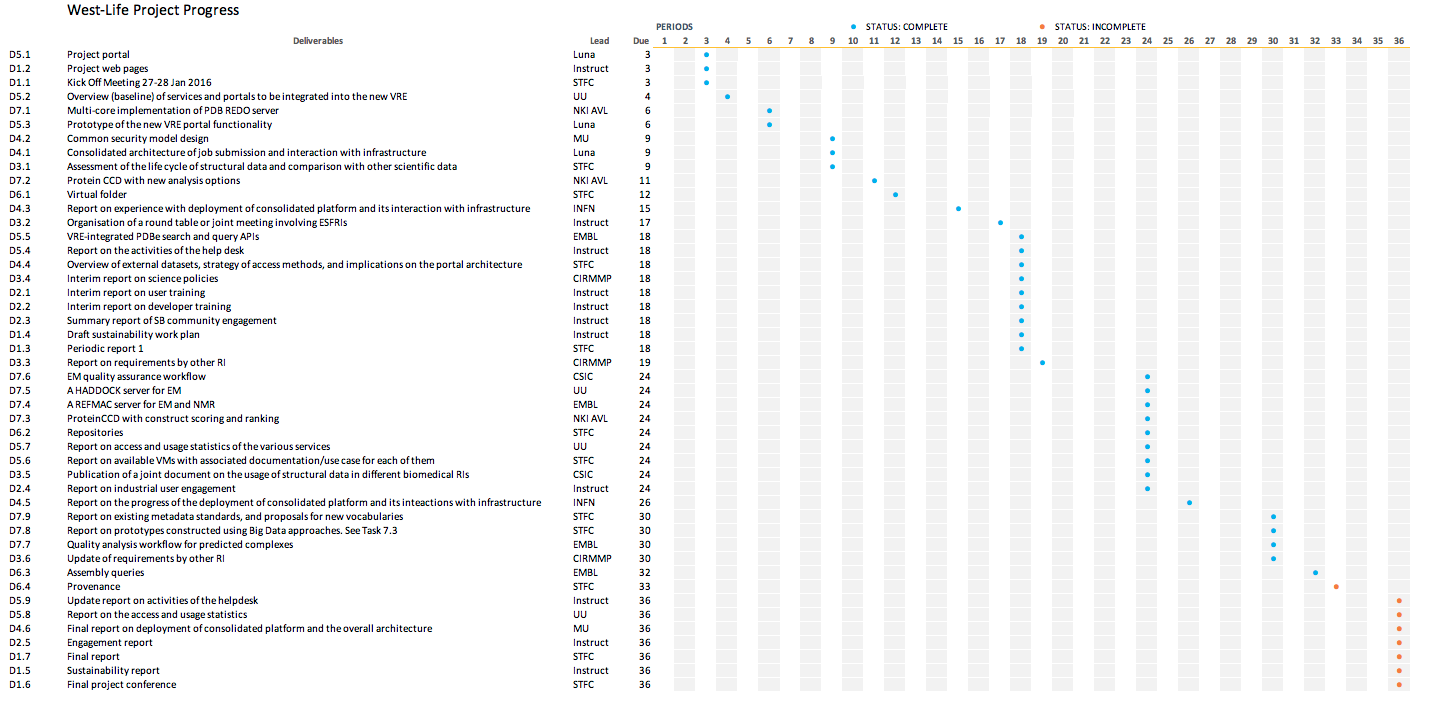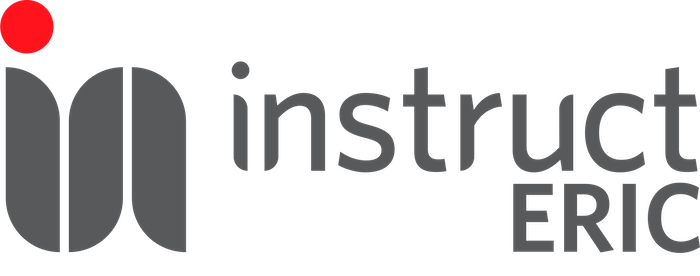
West-Life is a H2020 Virtual Research Environment project that provided the application level services specific to uses cases in structural biology, covering all experimental techniques (e.g. X-ray, cryo-EM, NMR, SAXS), enabling structural biologists to get the benefit of the generic services developed by EUDAT and the EGI.
The focus of structural biology is shifting from single macromolecules produced by simpler prokaryotic organisms, to the macromolecular machinery of higher organisms, including systems of central relevance for human health. Structural biologists are experts in one or more techniques. They often need to use complementary techniques in which they are less expert. Instruct supports them in using multiple experimental techniques, and visiting multiple experimental facilities, within a single project. The Protein Data Bank is a public repository where final structures and (some) of the data leading to them are deposited. Nowadays journals require such a deposition as a precondition of publication. However, metadata are often incomplete. West-Life piloted an infrastructure for storing and processing data that supports the growing use of combined techniques. There are some technique-specific pipelines for data analysis and structure determination but little was available in terms of automated pipelines to handle integrated datasets. Integrated management of structural biology data from different techniques was lacking altogether.
West-Life integrated the data management facilities and services (e.g. from WeNMR) that already existed, and enabled the provision of new ones. The resulting integration provides users with an overview of the experiments performed at the different research infrastructures visited, and links to the different data stores. It extends existing facilities for processing this data. The effort used existing metadata standards, and integrated with them new domain-specific metadata terms.
Acknowledgement
If you publish work done as part of this project, please include this acknowledgement: "This work has been done as part of the WestLife VRE (www.west-life.eu), a project funded by the European Commision contract H2020-EINFRA-2015-1-675858."

